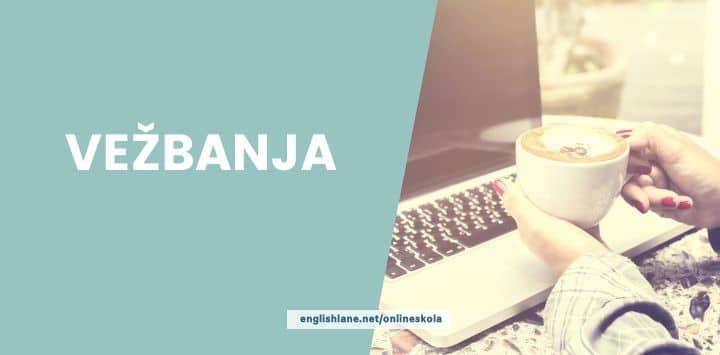Čitanje i razumevanje teksta (Sleeping at work)
Pročitaj članak objavljen na sajtu guardian.com, a zatim uradi vežbanja ispod.
Tekst:
Members of the House of Lords can no longer “rest their eyes” while in the chamber. After several instances of our noble peers snoozing on the red benches, the government representative circulated a memo warning members of the upper house they should stay awake in the chamber. “It has been observed by members of our house that, over recent months, conduct in the chamber has not been of the standard we should expect,” he said in an email.
Napping lords make us laugh, but sleeping at work is more widespread than we might think. Firms that require employees to work odd hours such as airlines often provide sleeping facilities. If facilities are not on tap, workers take matters into their own hands, sleeping on sofas and in supply cupboards.
In many countries, a nap is a part of the working day. For his PhD thesis, Dr Zhongyuan Zhang found that napping was an important part of the working day in a Chinese governmental department. For his book Empty Labor, the Swedish academic Roland Paulsen spoke with many so-called “empty workers”, whose workloads took up less than half the time spent at work. Far from being relaxing, having nothing to do was tough. To get through the day, some worked on a novel, others played video games. Some just slept.
Even overburdened employees are encouraged to nap on the job. Software developers, advertising agencies and investment banks have started to install sleep pods. Bosses claim they increase employee wellbeing.
Vežbanje broj 1:
Odgovori na pitanja tako što ćeš izabrati jedan od tačnih odgovora:

